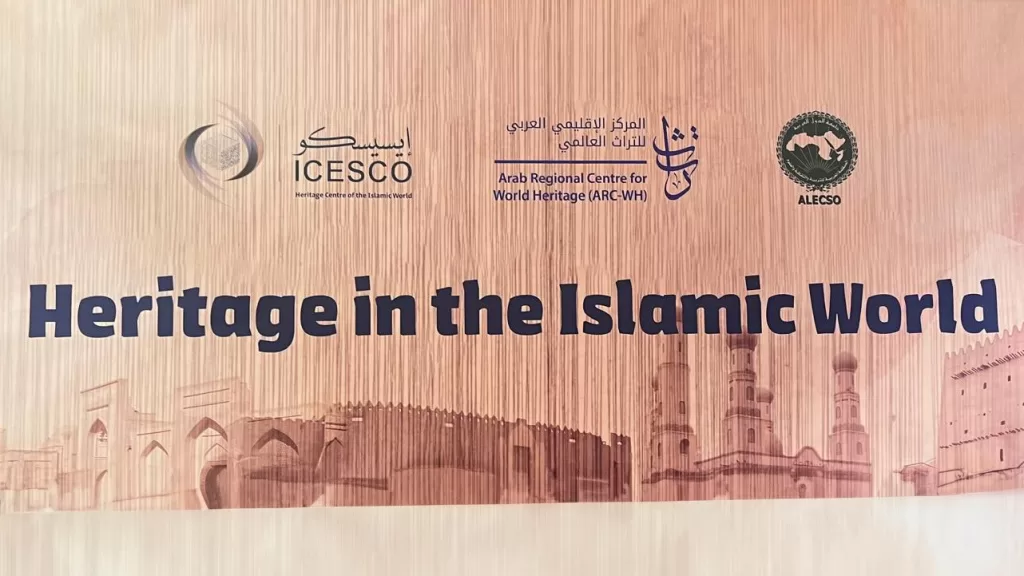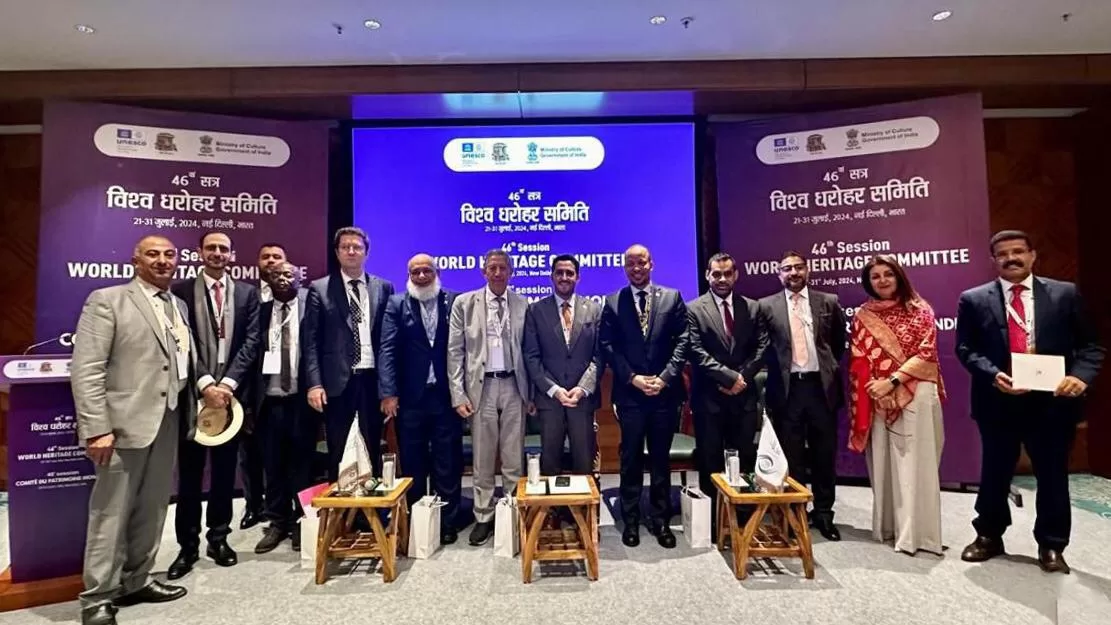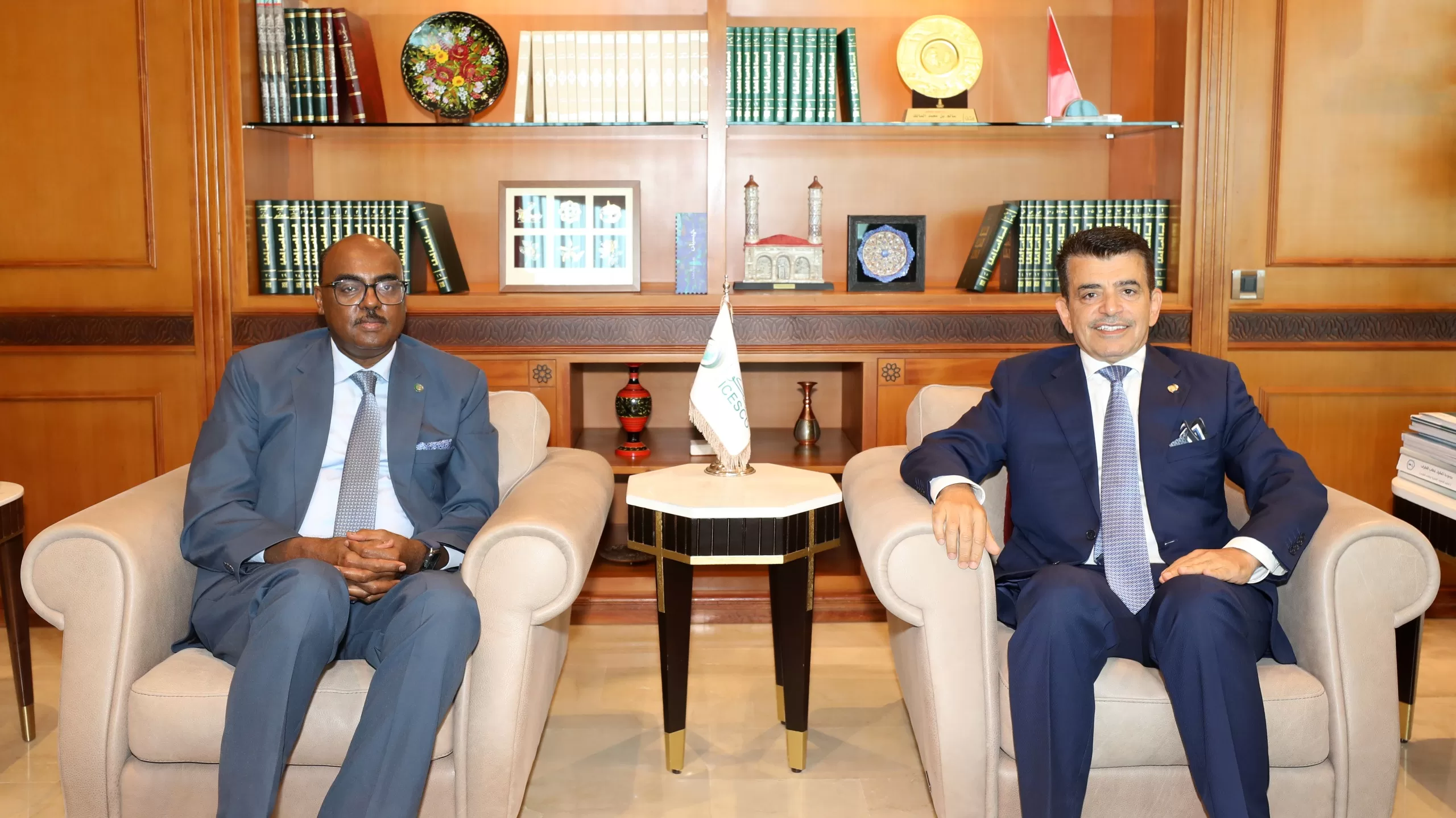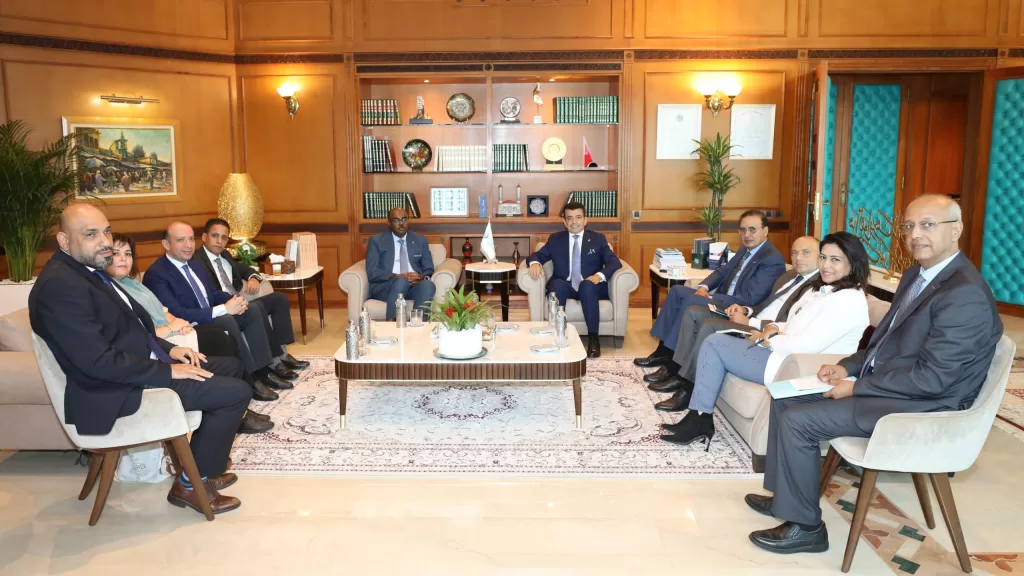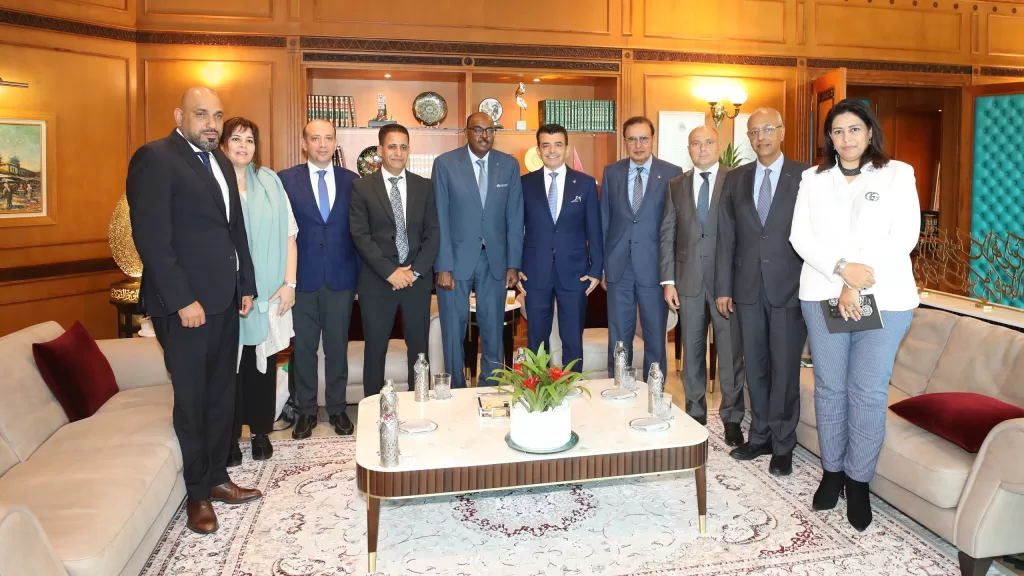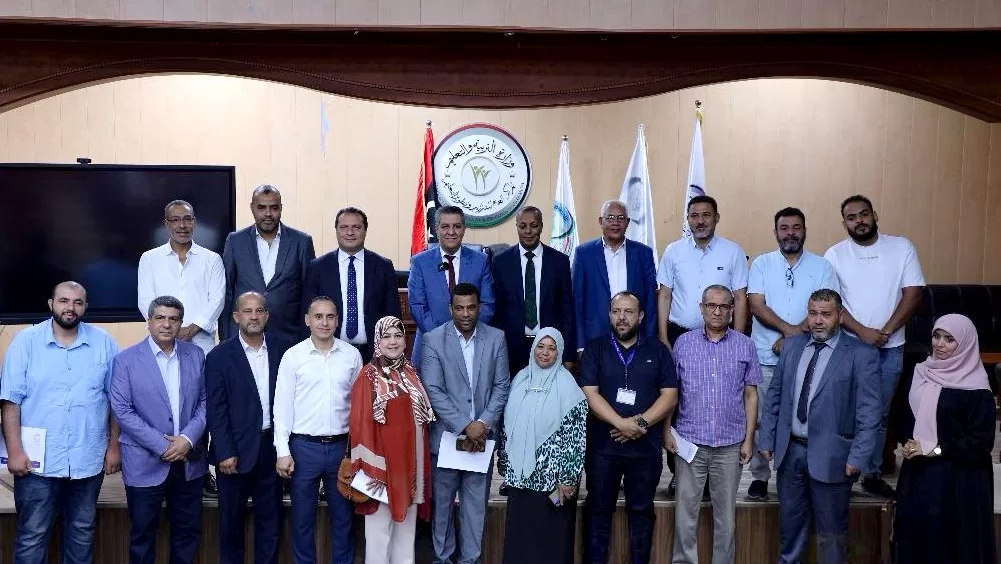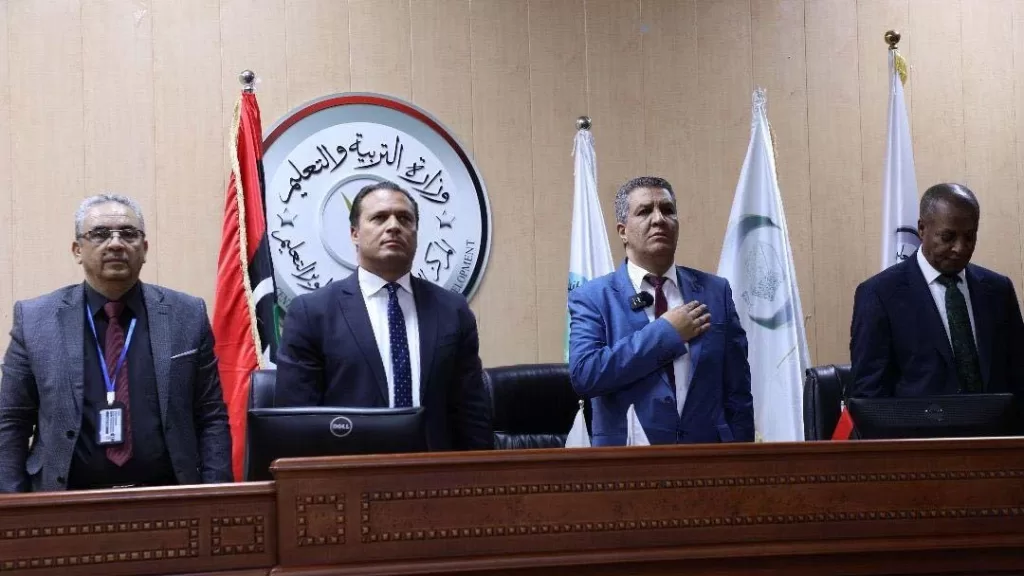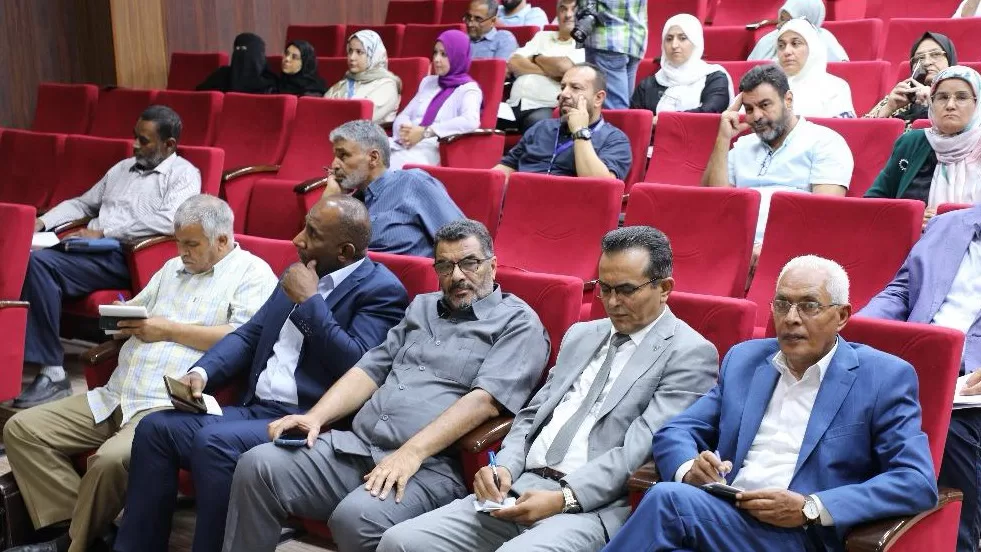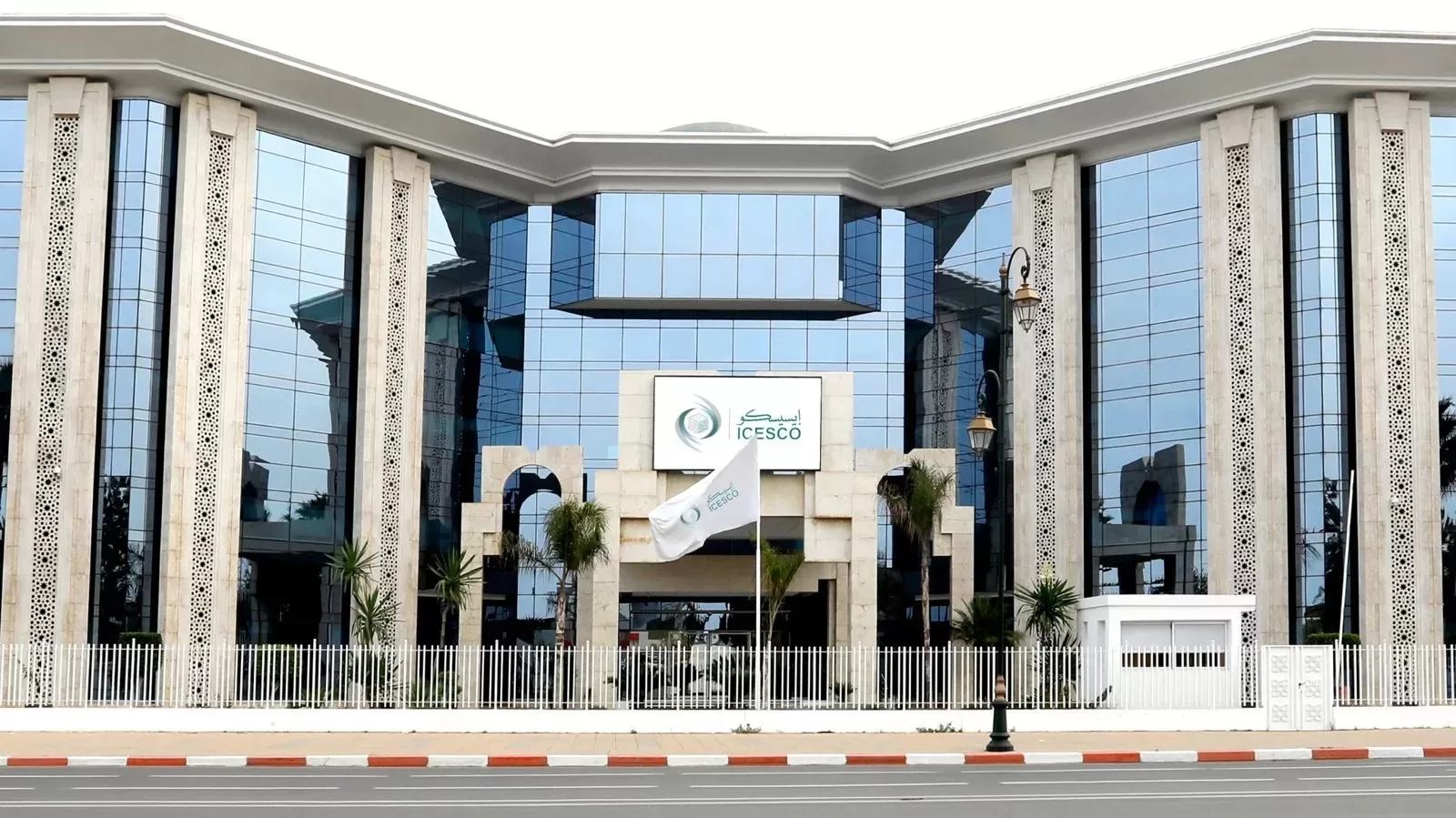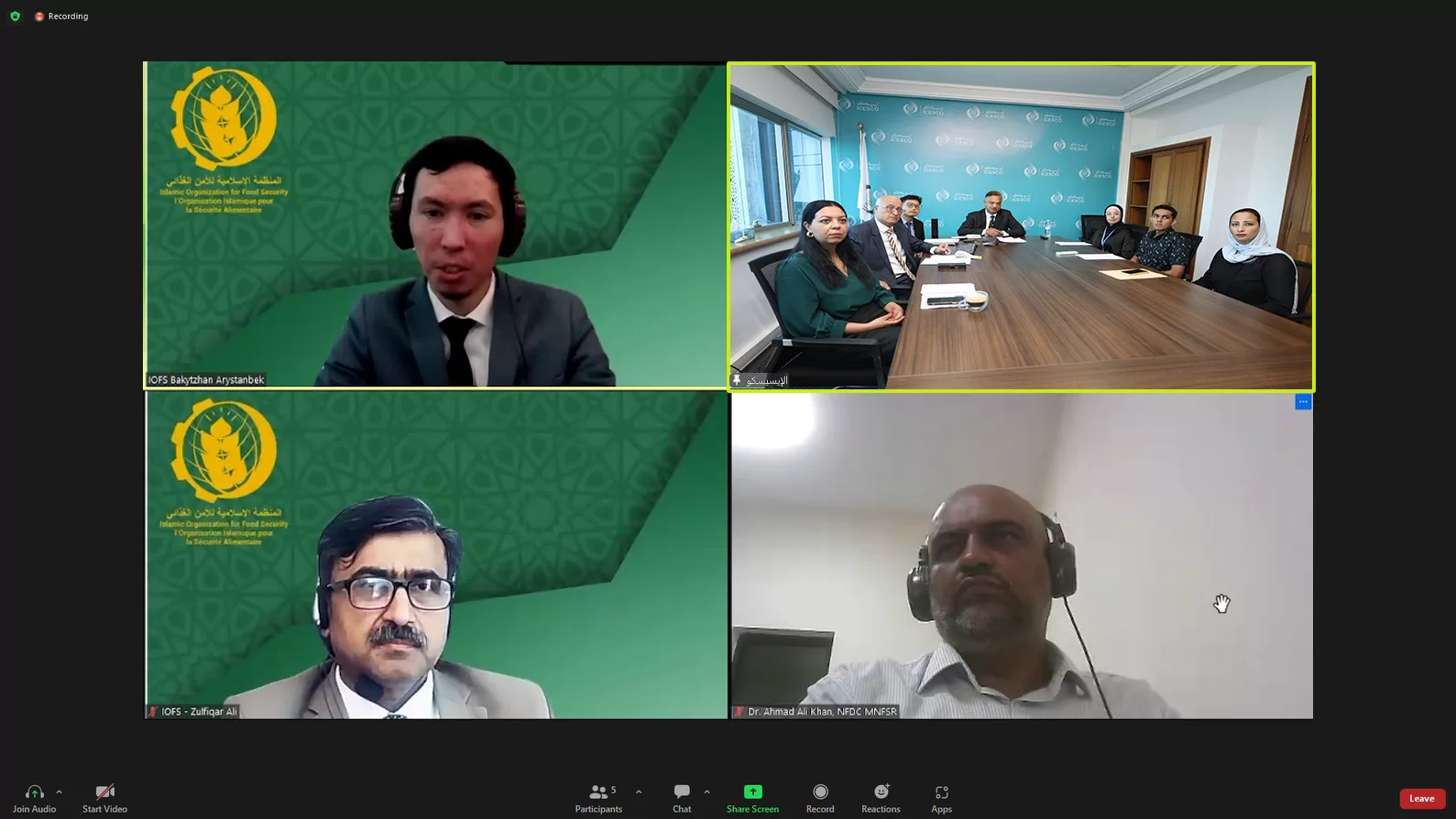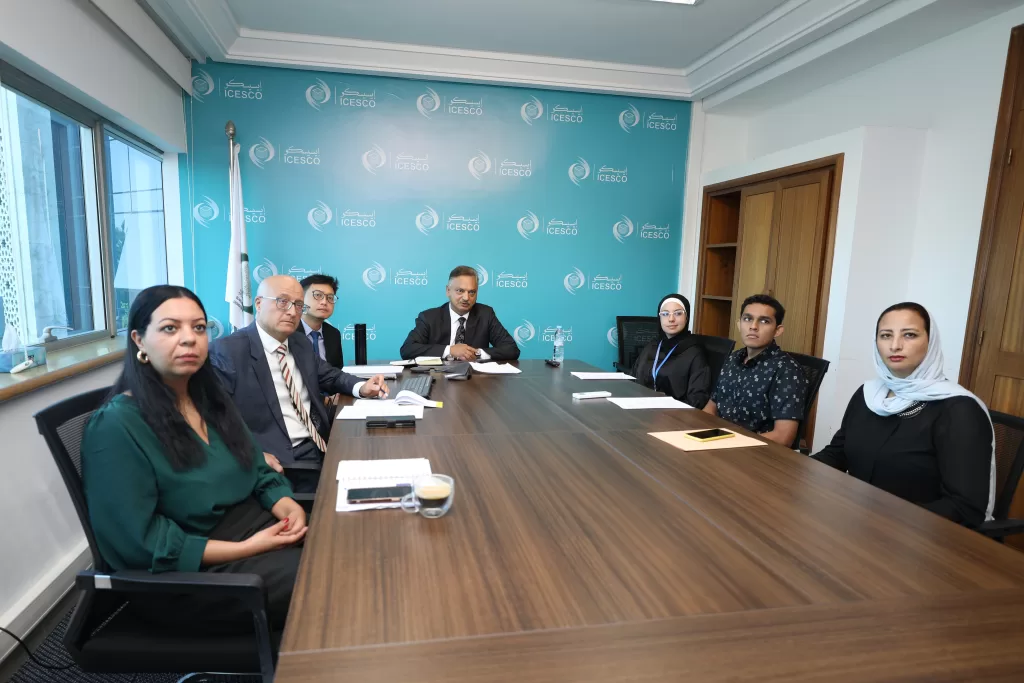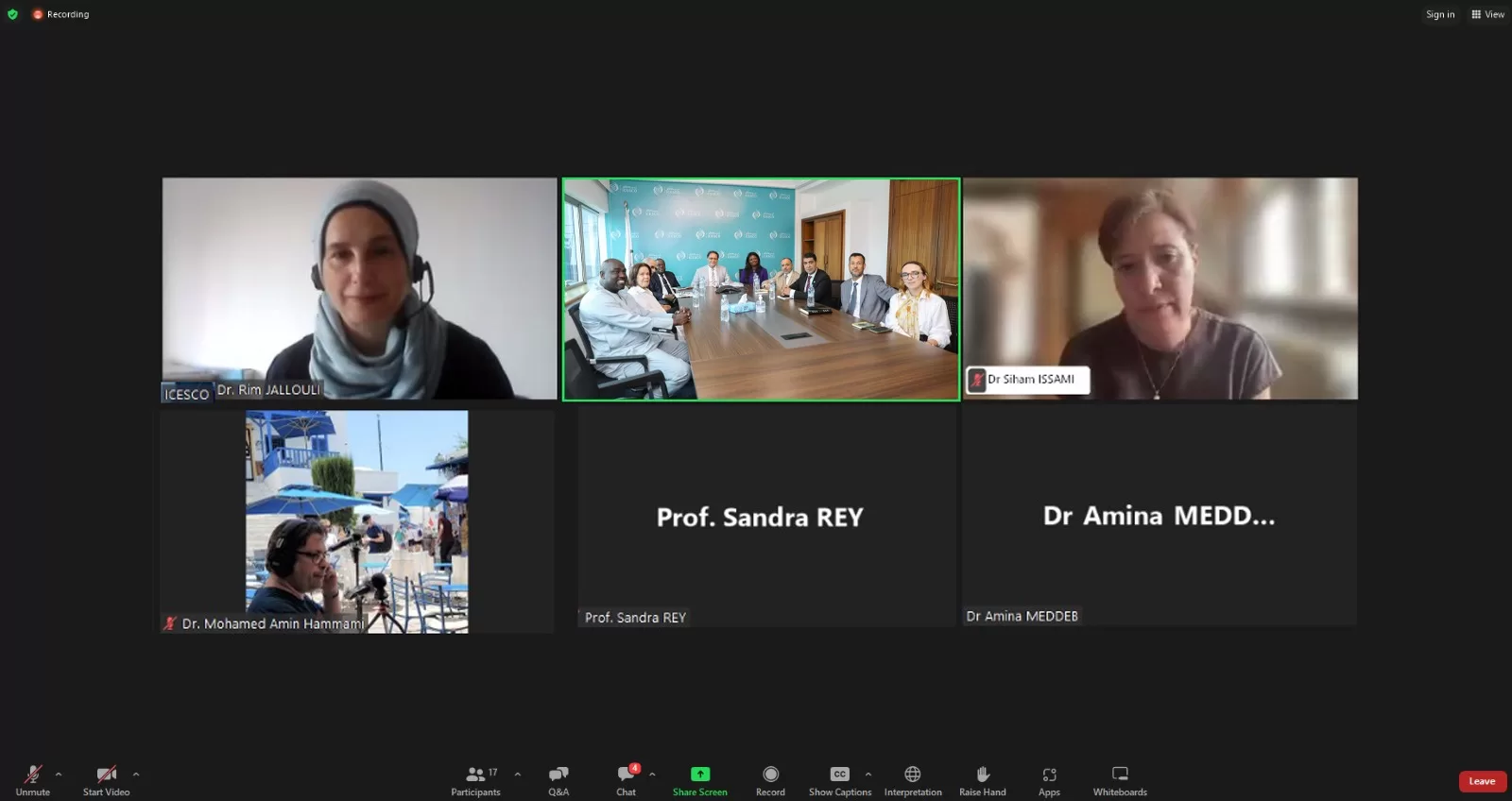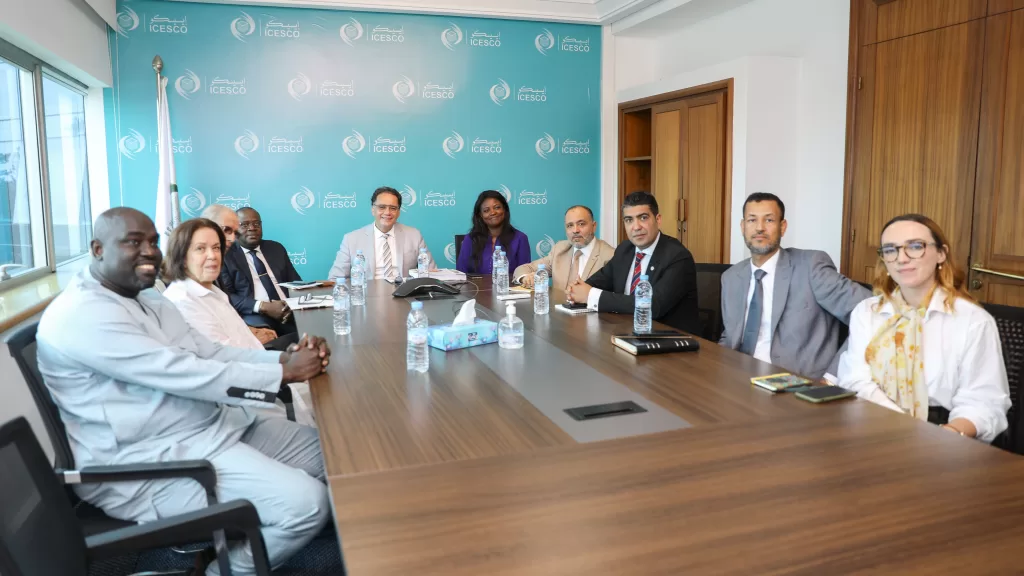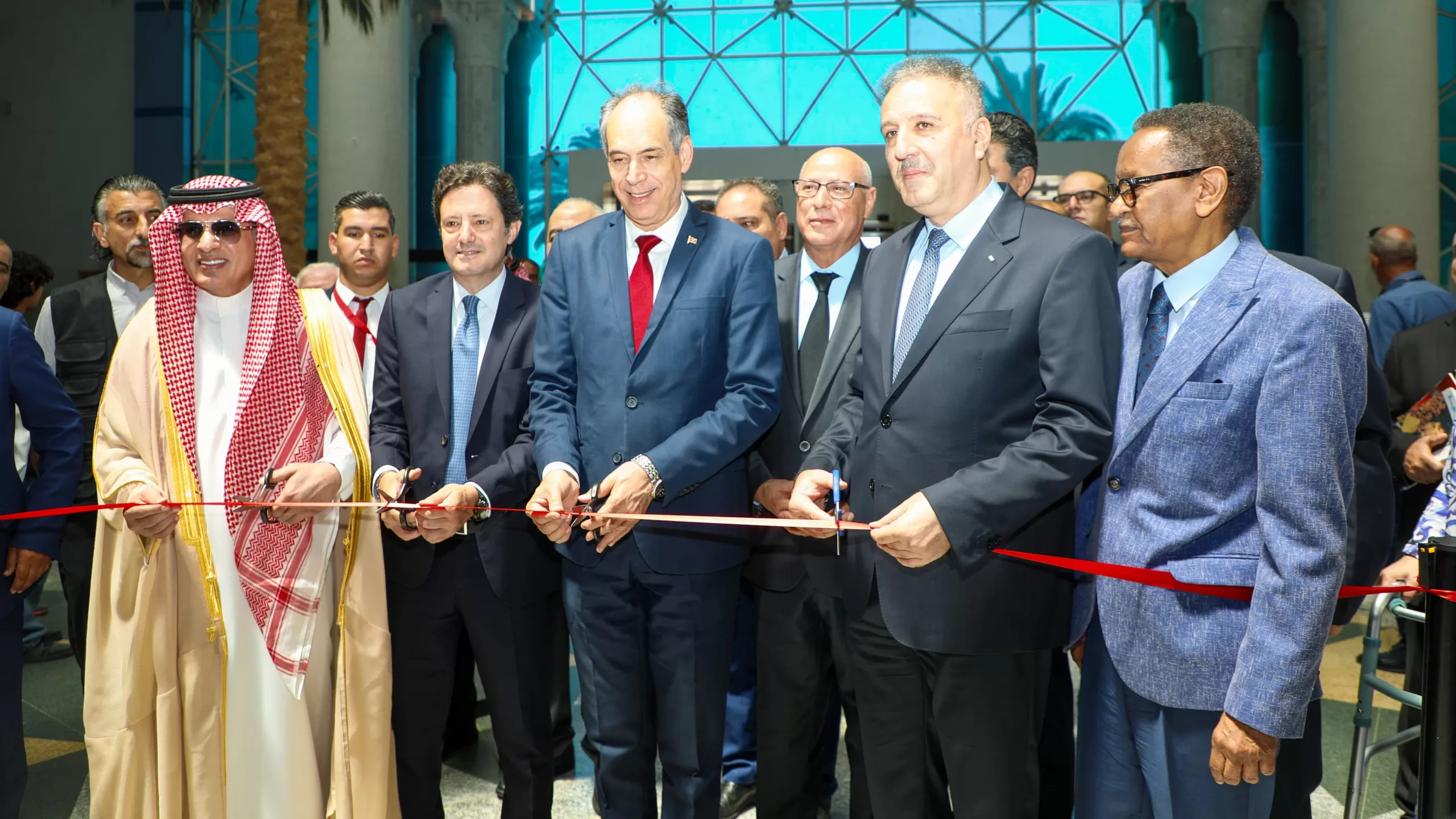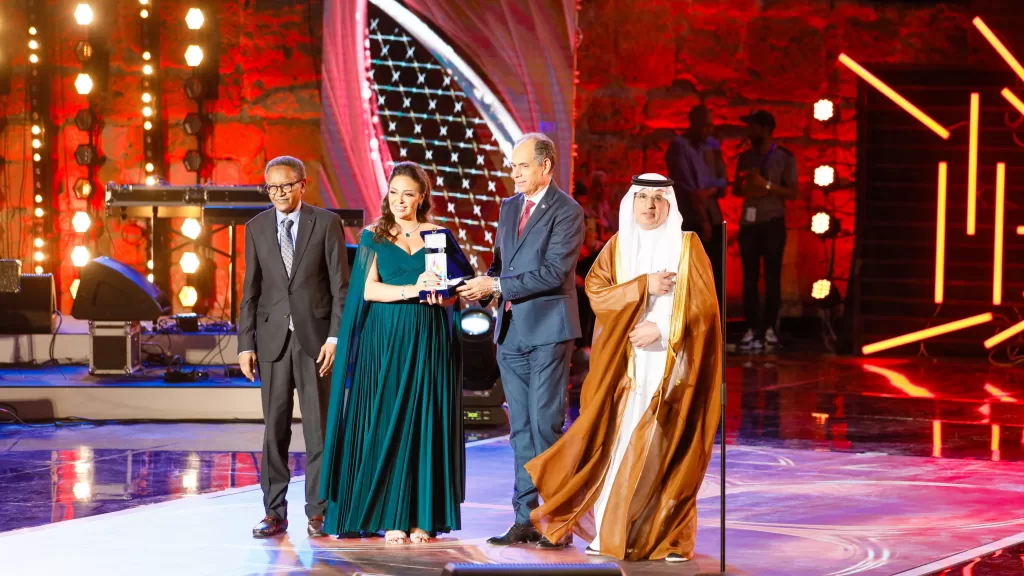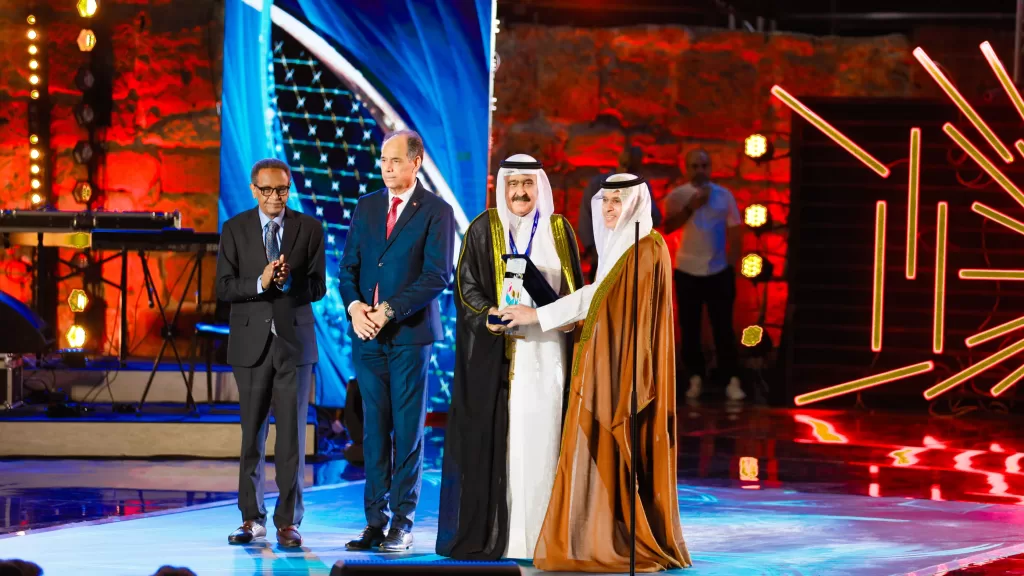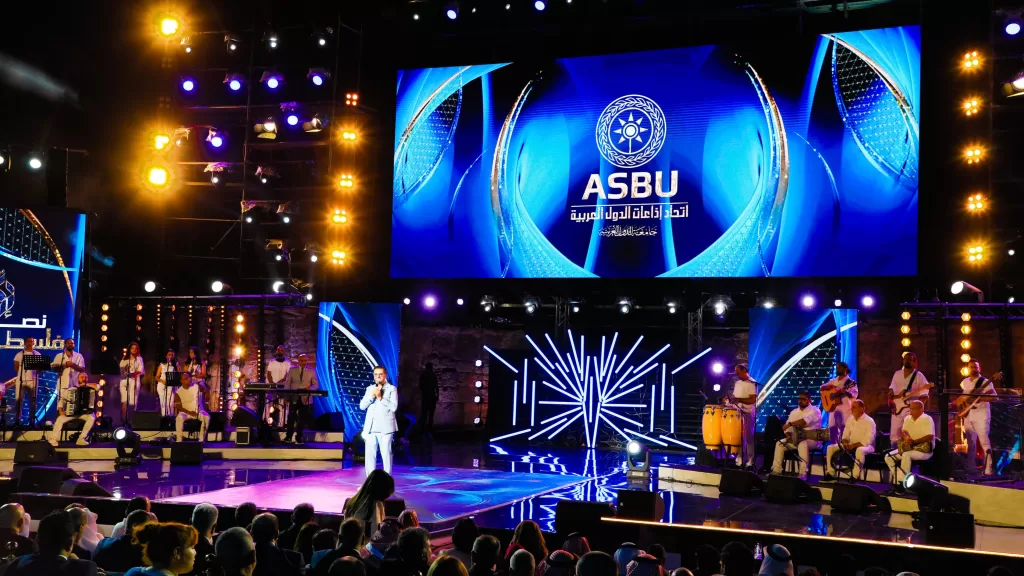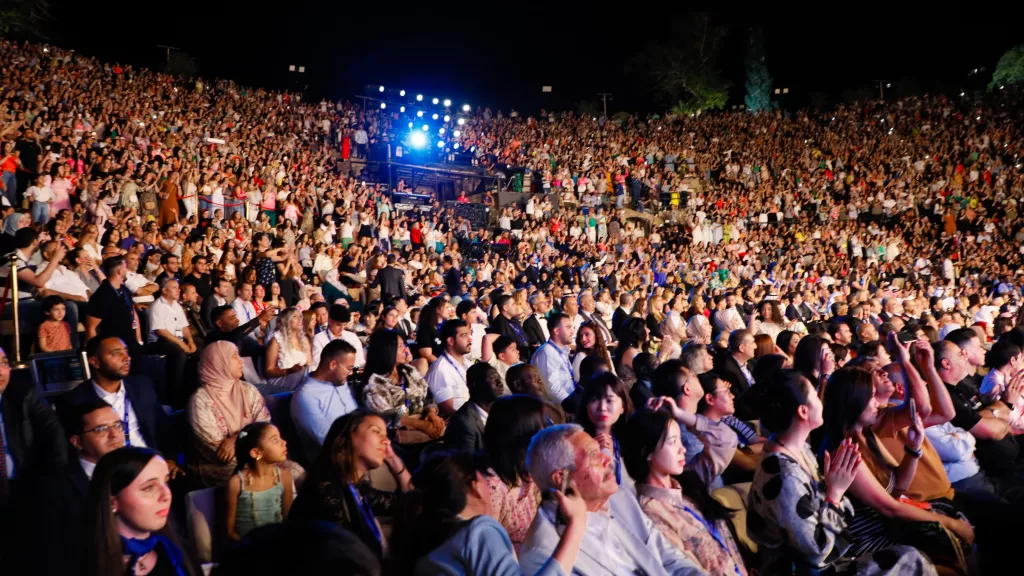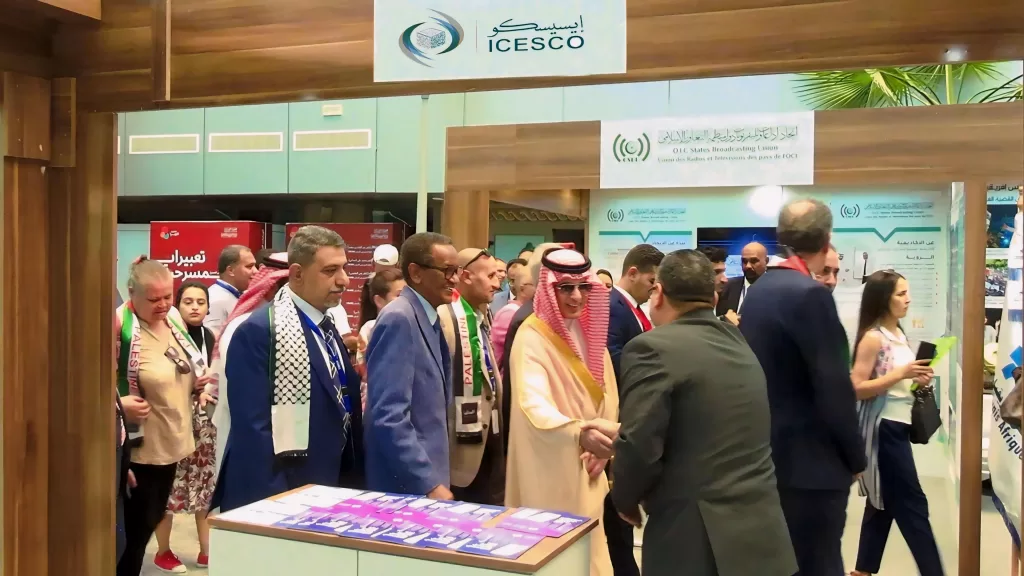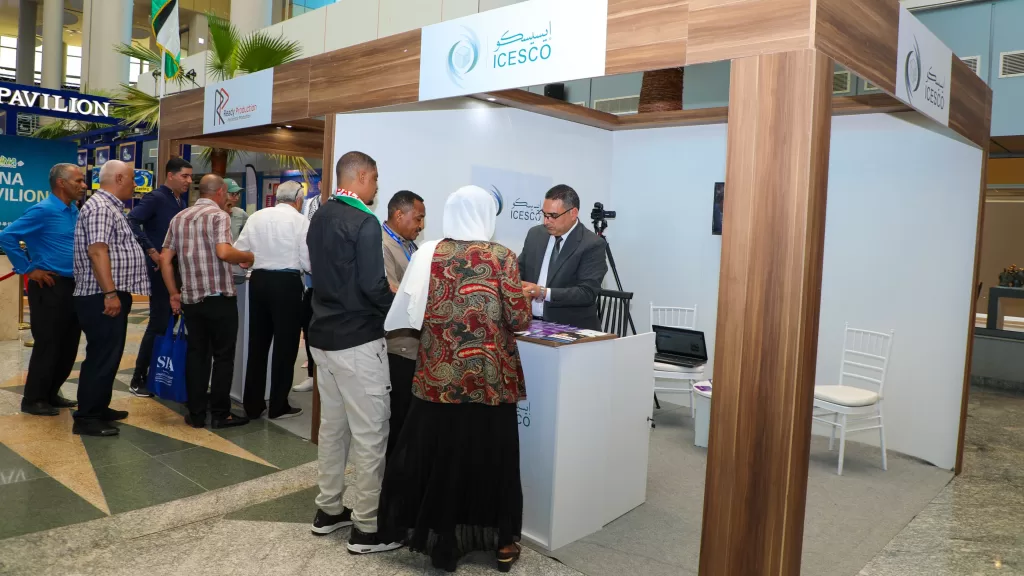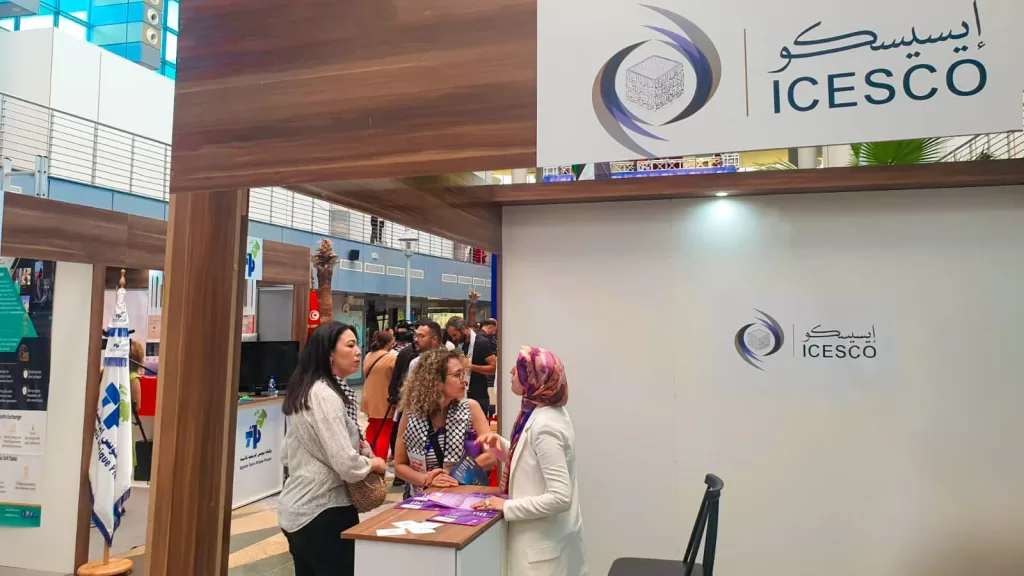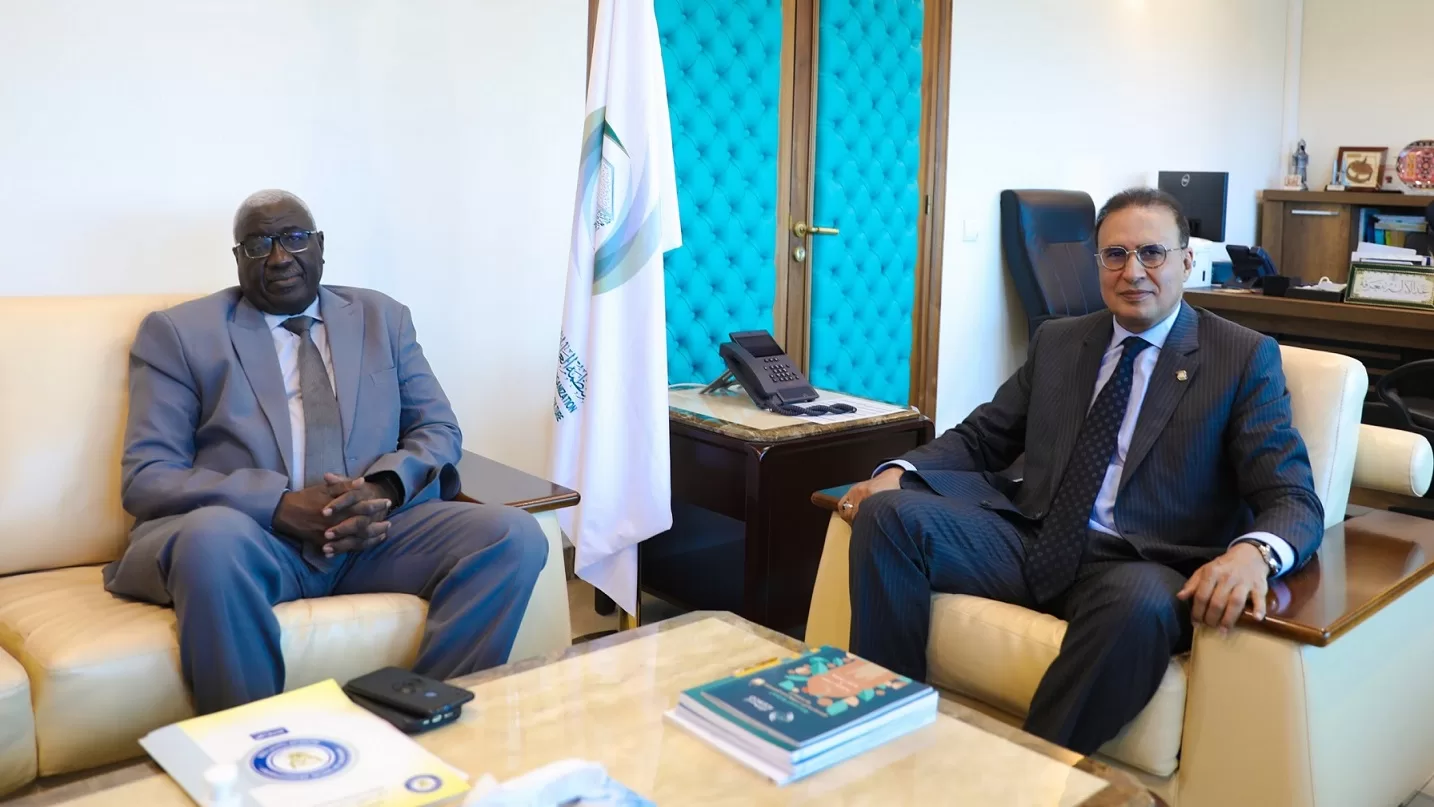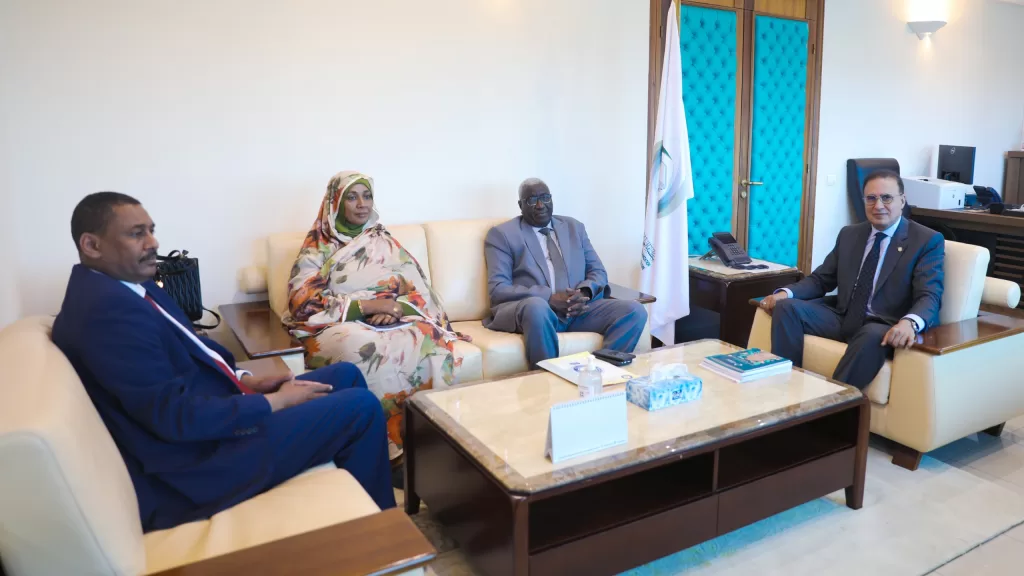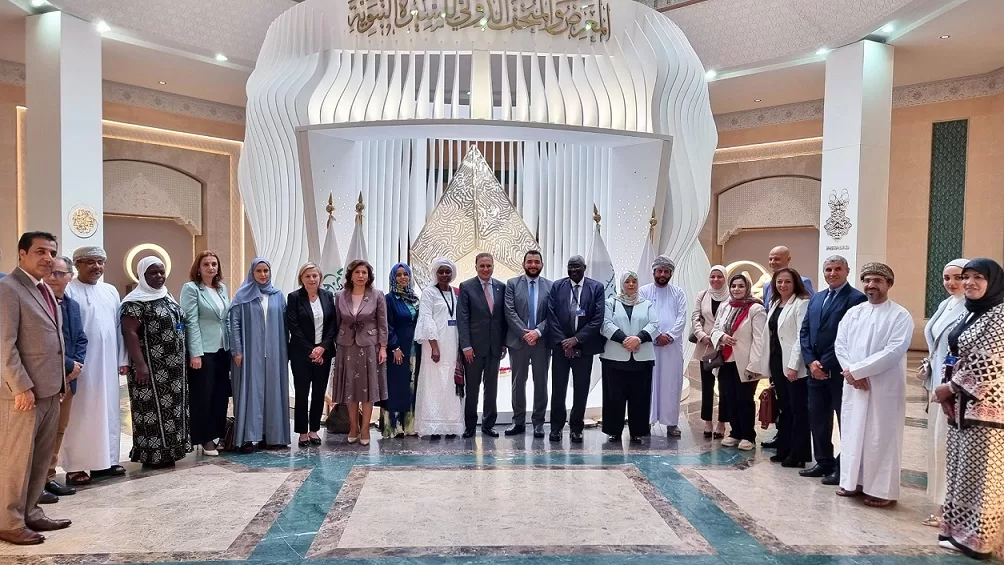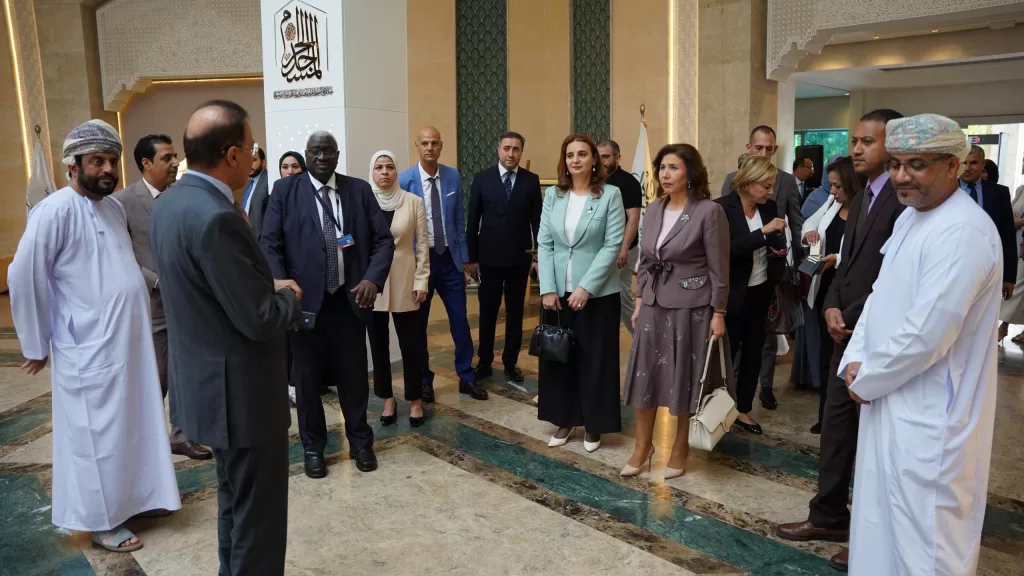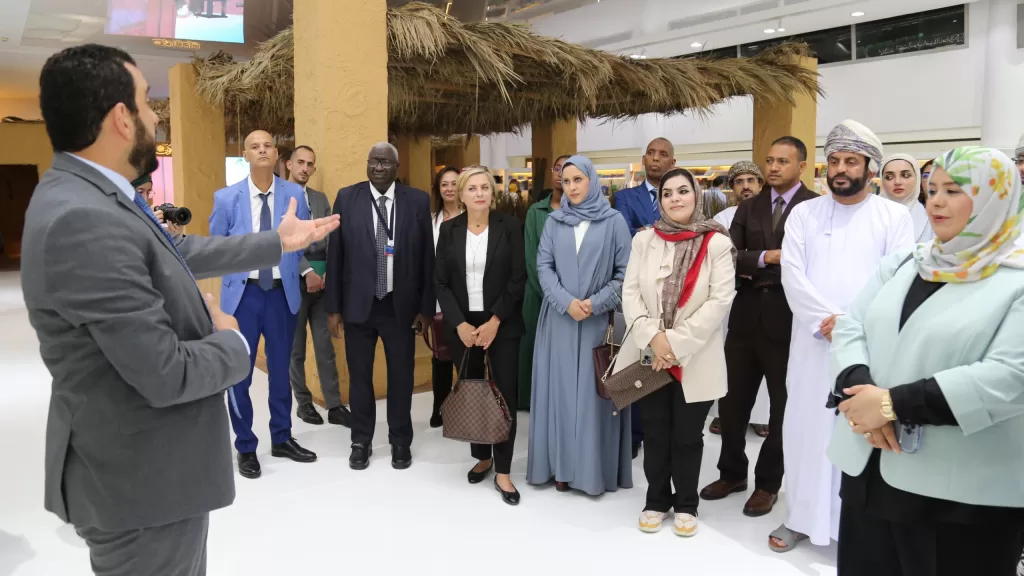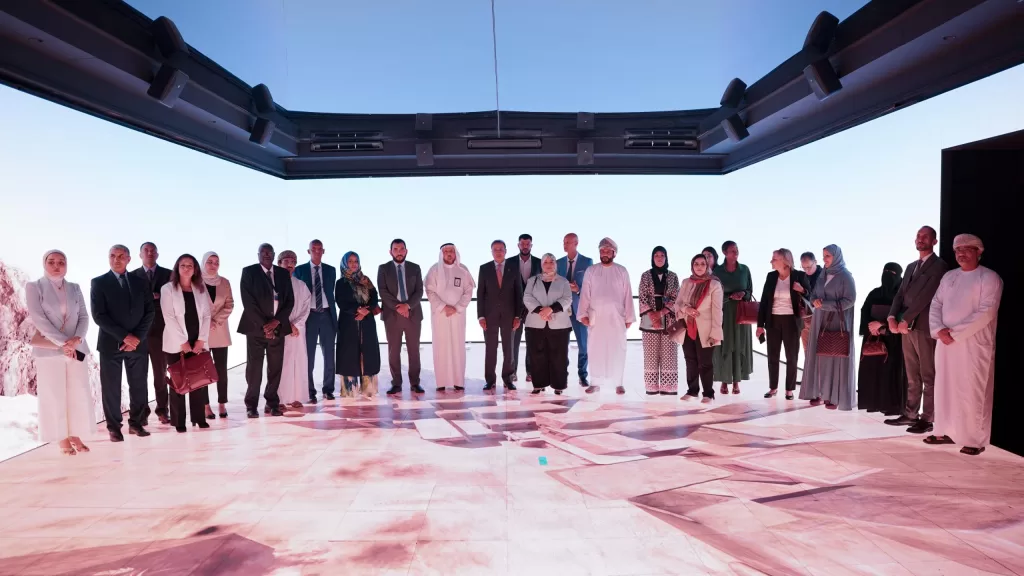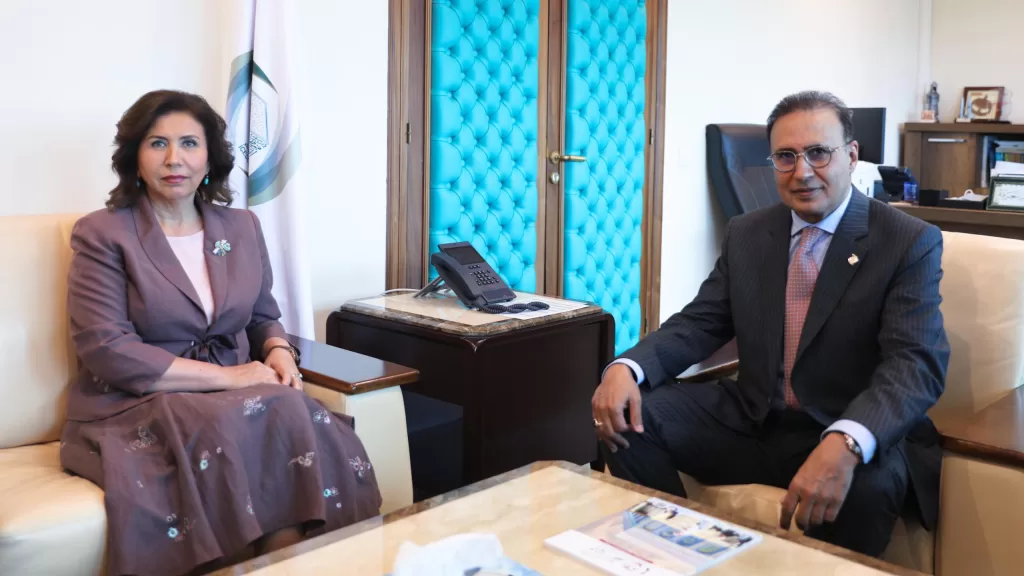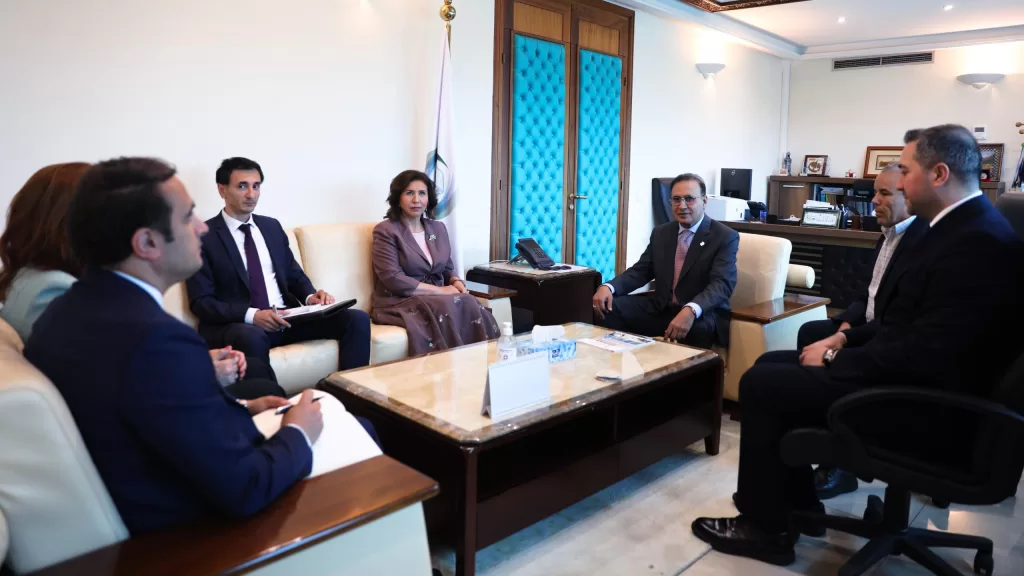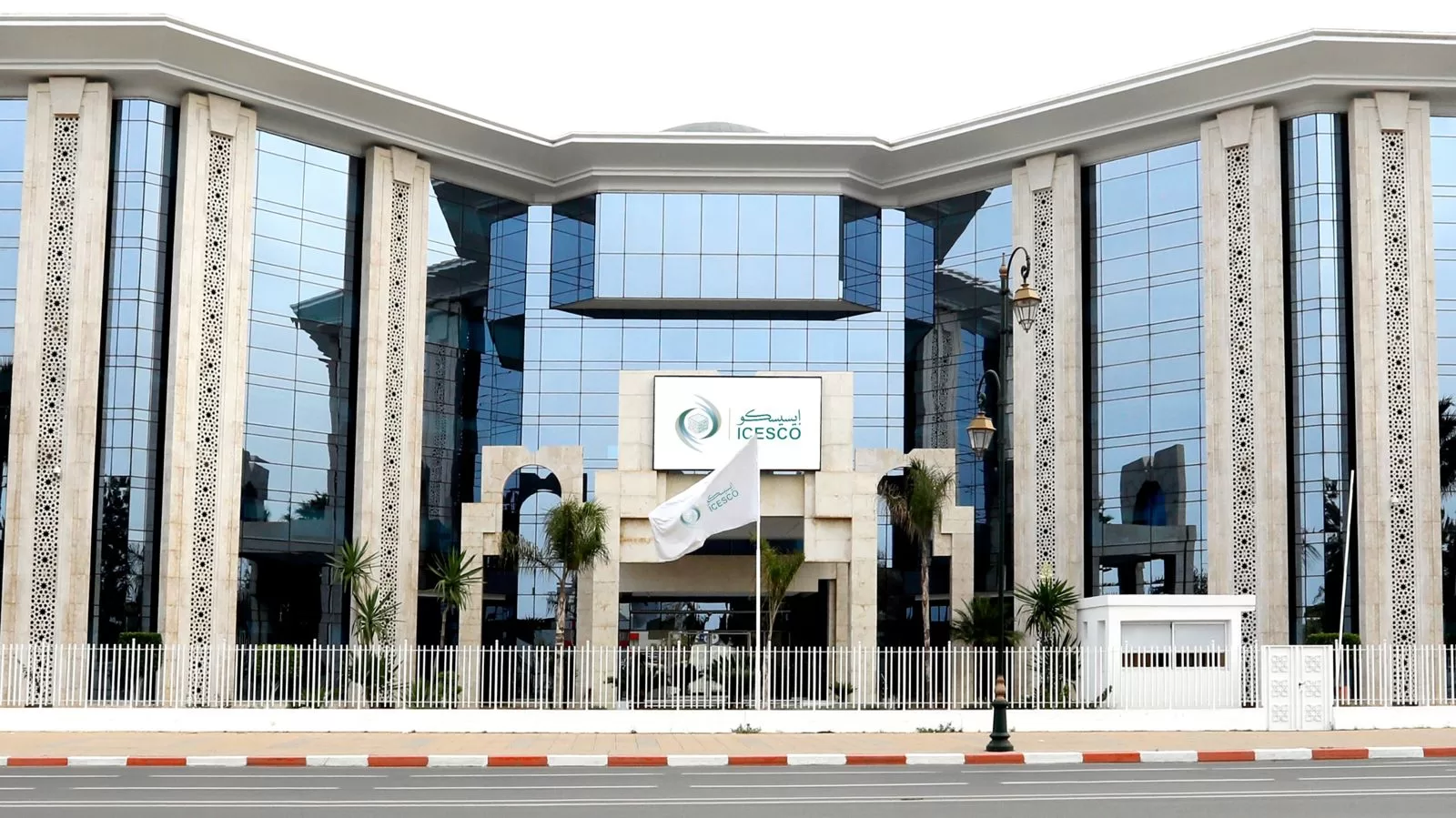ICESCO Center for Islamic World Heritage, in partnership with the UNESCO World Heritage Centre, the Arab Regional Centre for World Heritage in the Kingdom of Bahrain (ARC‐WH), and the Arab League Educational, Cultural and Scientific Organization (ALECSO), held a symposium on the Islamic world heritage from 21 to 31 July 2024 in New Delhi, India, in parallel with the 46th session of the World Heritage Committee. The event saw a high-level participation from specialized international organizations.
In his pre-recorded speech, transmitted at the opening session of the symposium held on Wednesday (24 July 2024), Dr. Salim M. AlMalik, ICESCO Director-General (DG), stressed that the common heritage is not only a collection of archaeological sites and monuments, but also a living testimony to the history and creativity of humanity, adding that in an evolving world, it is imperative to preserve the treasures of this heritage, which faces multiple threats and challenges.
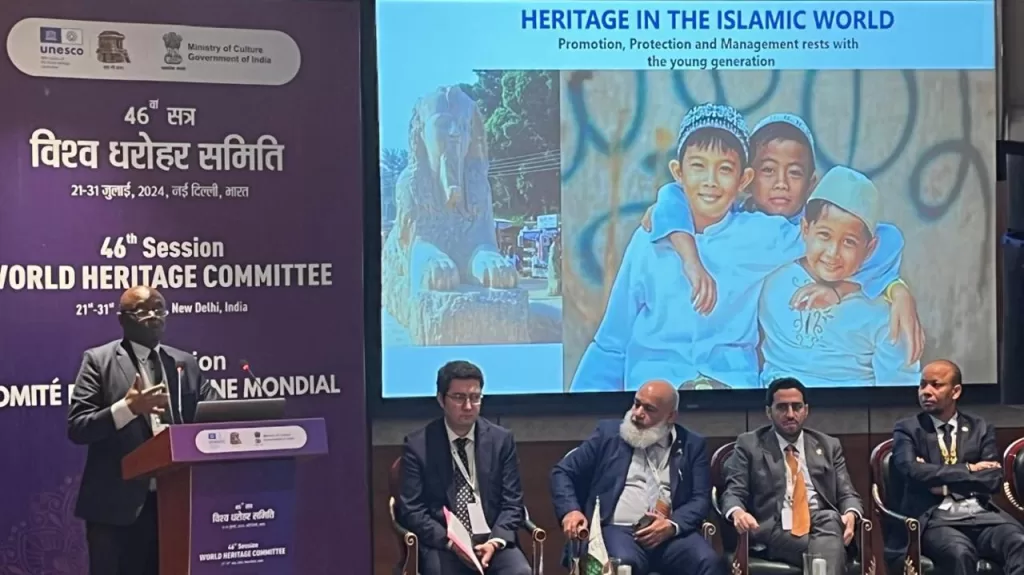
He also affirmed that since 2020, ICESCO, through the Islamic World Heritage Centre, has been working to implement programmes and initiatives to value and preserve the sustainability of heritage in the Islamic world, and to develop plans and strategies to confront the illicit trafficking of cultural property, and the effects of climate change and conflicts on archaeological sites.
He concluded his speech by pointing out that ICESCO aims to register no less than a thousand archaeological sites and cultural elements on the Islamic World Heritage List, which currently includes 624 sites and elements, and to increase the number of Islamic world heritage sites registered on the World Heritage List.
For his part, Dr. Webber Ndoro, Head of ICESCO’s Islamic World Heritage Centre, reviewed the Centre’s activities, strategic vision, and role in upgrading the capacities of human resources working in the field of heritage, as well as its efforts to preserve and enhance the heritage of the Islamic world, underlining the importance the Centre attaches to supporting endangered sites in ICESCO Member States.
The Participants stressed the importance of enhancing international cooperation to contribute to the valorization and preservation of cultural and natural heritage, and to pool efforts to build a safe and secure world.
